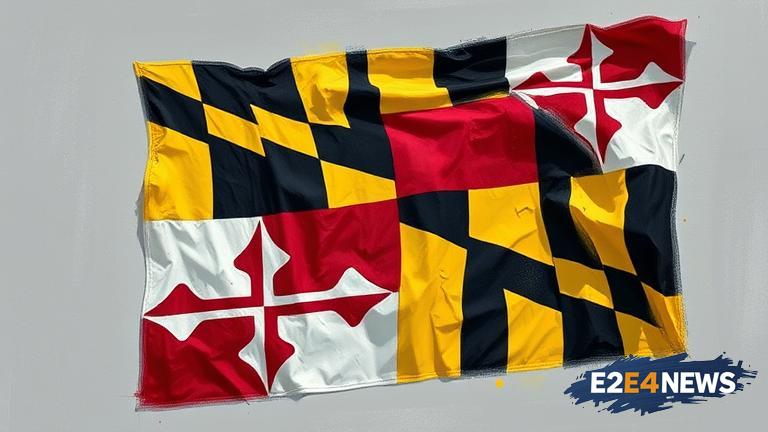In a significant legal development, a defamation lawsuit brought by the Maryland Public Defender’s office was recently dismissed by a court. The case, which garnered attention for its implications on free speech and government transparency, involved allegations of defamatory statements made against the public defender’s office. The lawsuit was filed in response to critical remarks that were purportedly damaging to the office’s reputation. However, the court ruled that the statements in question fell under protected speech, particularly as they pertained to matters of public concern. The dismissal highlights the delicate balance between protecting individual and institutional reputations and upholding the First Amendment rights of citizens to critique public officials and entities. The Maryland Public Defender’s office argued that the statements were false and malicious, aiming to harm their credibility. On the other hand, the defendants contended that their remarks were within the bounds of free speech, especially given the public interest in the operations of the public defender’s office. The court ultimately sided with the defendants, emphasizing that public officials and entities must endure a higher threshold of scrutiny without resorting to defamation claims. This ruling underscores the importance of open dialogue in a democratic society, even when such dialogue involves sharp criticism of those in positions of authority. Legal experts suggest that this case could set a precedent for similar defamation lawsuits involving government entities. The dismissal also raises questions about the strategies employed by public officials to address criticism and the potential chilling effect of defamation lawsuits on public discourse. While the Maryland Public Defender’s office expressed disappointment with the ruling, they acknowledged the court’s decision and are considering their next steps. Advocacy groups for free speech have hailed the dismissal as a victory for transparency and accountability. The case serves as a reminder of the complexities inherent in balancing the protection of reputations with the preservation of free expression. As the legal landscape continues to evolve, cases like this will remain pivotal in shaping the boundaries of defamation law in the context of public discourse.
